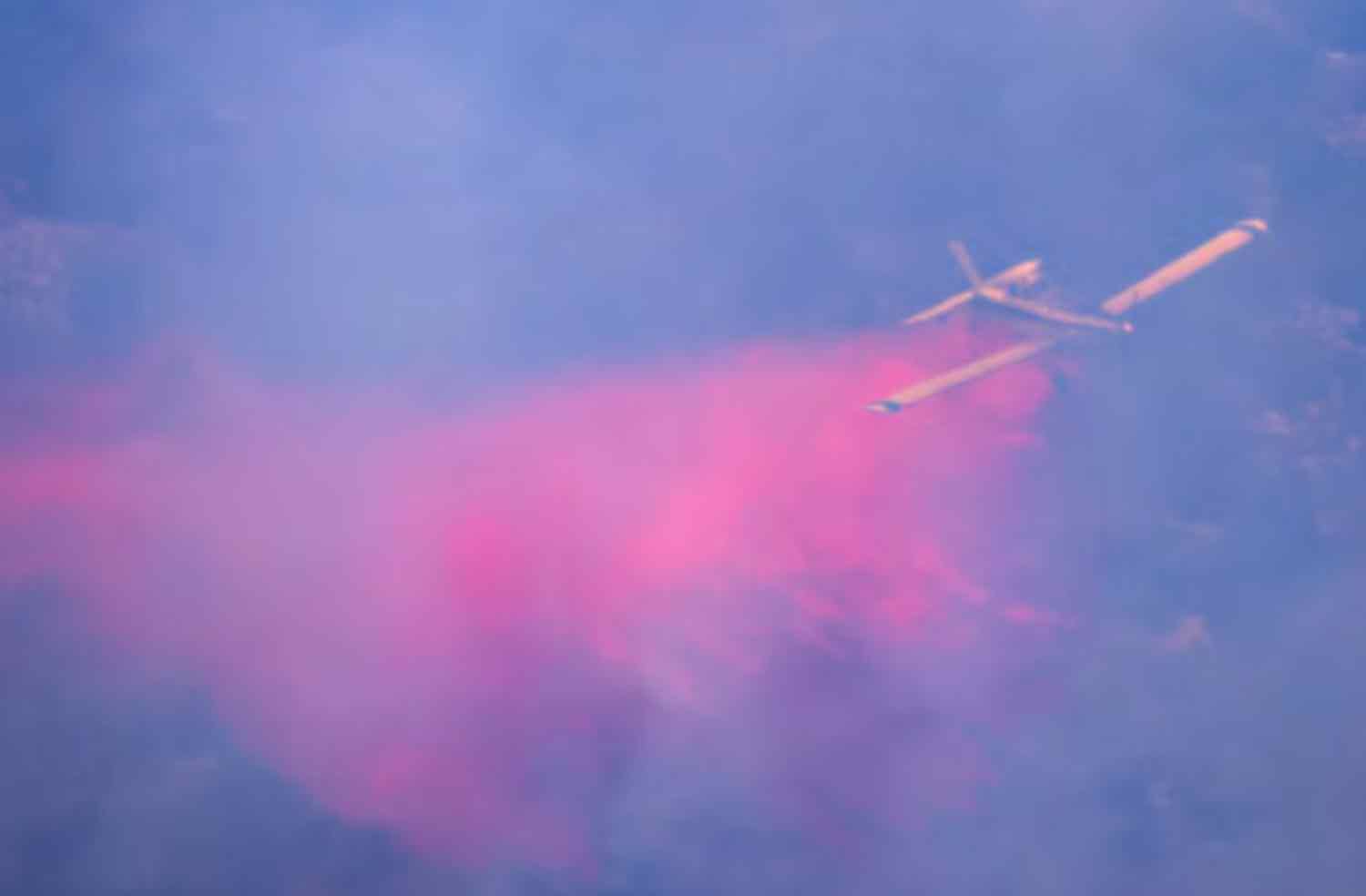Israel expanded its airstrikes in Lebanon on Wednesday and intercepted a missile that Hezbollah claimed to have launched at the Mossad intelligence agency near Tel Aviv, escalating tensions between the two adversaries.
Hezbollah, which is backed by Iran, asserted that it aimed at the Mossad headquarters with what it referred to as a ballistic missile, marking the first significant threat to Tel Aviv in nearly a year of ongoing conflict.
Meanwhile, global leaders voiced their apprehension regarding the intensifying situation, which is occurring alongside Israel’s military actions in Gaza against Hamas, as the death toll in Lebanon continues to rise and thousands are displaced from their homes.
U.S. Secretary of State Antony Blinken stated that the United States and its allies are diligently working to prevent a full-scale war between Israel and Hezbollah. “The risk of escalation in the region is severe. The most effective solution is diplomacy, and our collaborative efforts are crucial to averting further escalation,” Blinken remarked during a meeting with officials and ministers from Gulf Arab states in New York.
Israeli airstrikes this week have focused on Hezbollah leaders and struck numerous locations deep within Lebanon, while Hezbollah has responded with extensive rocket fire into Israel.
On Wednesday morning, Hezbollah launched a strike that marked the first instance since the conflict erupted last October where one of its missiles was detected over Tel Aviv, Israel’s commercial center, raising concerns about a potential escalation in Israeli military responses.
Major General Ori Gordin, head of Israel’s northern command, informed troops on Tuesday that the country had entered a new phase in its military operations and that they should be ready for action, although it remains uncertain whether this indicated a possible ground invasion of southern Lebanon.
The Israeli military announced on Wednesday that it would be mobilizing two additional reserve brigades to the northern border to support operational efforts.
“This will facilitate ongoing combat against the Hezbollah terrorist organization, ensure the defense of the State of Israel, and create conditions for the residents of northern Israel to safely return to their homes,” the statement read.
Deadly day
Hundreds of thousands of Lebanese have been displaced from their homes, and hospitals are overwhelmed with casualties following a significant escalation in bombing on Monday, which resulted in over 550 fatalities, marking the deadliest day in Lebanon since the conclusion of the civil war from 1975 to 1990.
The violence continued unabated on Wednesday, with Israel announcing that its air force was conducting extensive operations in southern Lebanon and the Bekaa Valley, a region known to be a stronghold of Hezbollah.
In response, Hezbollah issued a statement claiming it had launched a ballistic missile aimed at the Mossad headquarters, asserting it was in solidarity with the Palestinian people in the Gaza Strip and in defense of Lebanon and its citizens.
Reuters has not been able to independently verify the specifics of the missile used. An Israeli spokesperson, Nadav Shoshani, stated that he could not confirm the intended target of Hezbollah’s missile launch from a Lebanese village.
A substantial missile was directed towards Tel Aviv, specifically targeting civilian areas, although the Mossad headquarters is not located in that vicinity, he stated. Israeli officials confirmed that the missile aimed at Tel Aviv was intercepted by a David’s Sling missile, which is designed to neutralize tactical ballistic missiles at low altitudes.
John Kirby, the White House national security spokesperson, expressed that the United States is profoundly concerned about the reports of a rocket attack targeting Mossad, yet remains optimistic that a diplomatic resolution can be achieved to mitigate the violence.
Hezbollah has accused Mossad of being responsible for the assassinations of its leaders and has also alleged that the agency executed an operation last week involving booby-trapped devices that resulted in the deaths of 39 individuals and injuries to nearly 3,000 others. Israel has not confirmed or denied its involvement in these incidents.
According to the Lebanese health minister, at least 51 people lost their lives and over 223 were injured due to Israeli airstrikes across five different locations in Lebanon on Wednesday.
attacks widened
Israel has broadened its attack zones since Tuesday night, targeting the beach resort town of Jiyyeh, located just south of Beirut, as well as Maaysrah for the first time. Additional strikes occurred in Bint Jbeil, Tebnin, and Ain Qana in the southern region, along with the village of Joun in the Chouf district near Sidon, and Maaysrah in northern Keserwan.
According to Lebanon’s foreign minister, up to half a million individuals may have been displaced. In Beirut, thousands of those fleeing southern Lebanon are taking refuge in schools and various other structures.
On Wednesday morning, the Lebanese Army evacuated over 60 residents from the Christian town of Alma Chaab, situated along the Israeli border, following overnight strikes. “At least two houses were completely destroyed, but fortunately they were unoccupied, and there were no fatalities,” reported resident Milad Eid.
Israeli officials indicated that the Galilee region in northern Israel experienced significant Hezbollah rocket fire on Wednesday morning. In Safed, an assisted living facility was struck, but authorities confirmed that there were no injuries.
Discover more from Defence Talks | Defense News Hub, Military Updates, Security Insights
Subscribe to get the latest posts sent to your email.





